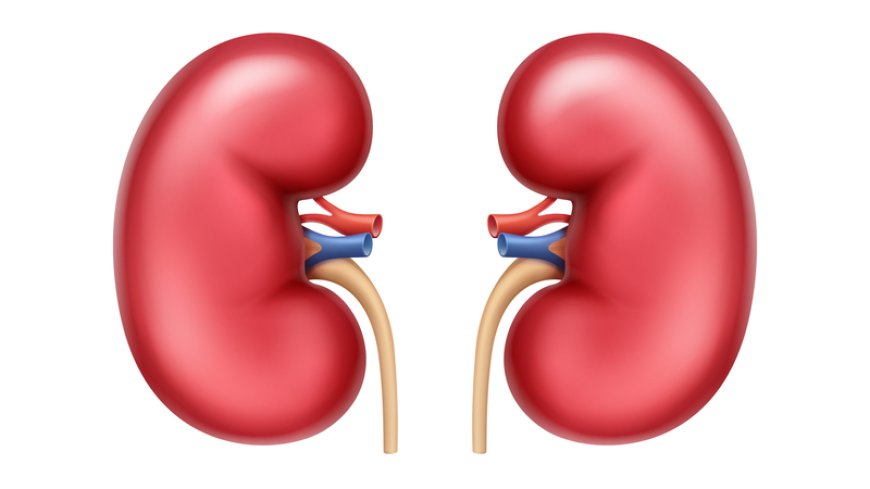Kidney Awareness Campaign: How healthy are your kidneys?

March is Kidney Awareness Month, and we're here to talk about why kidney health is so important. Did you know that your kidneys play a vital role in keeping your body healthy and functioning properly? Unfortunately, many people are unaware of the importance of maintaining kidney health until it's too late. That's why today, we're diving deep into the world of kidney health to help you understand how to keep these powerful organs in tip-top shape. So grab a cuppa and let's get started on discovering just how healthy your kidneys really are!
What are the kidneys?
The kidneys are two small, bean-shaped organs that are located in the back of the abdomen. They filter waste products from the blood and produce urine. The kidneys also help to regulate blood pressure and maintain fluid balance in the body.
Kidney disease is a common problem, affecting millions of people worldwide. Kidney disease can lead to kidney failure, which can be life-threatening. There are many different types of kidney disease, and treatment depends on the specific type.
How do the kidneys function?
Your kidneys are two bean-shaped organs, each about the size of your fist. They’re located near the middle of your back, just below your rib cage. Your kidneys filter your blood and remove waste and extra fluid from your body.
The waste and extra fluid become urine, which flows from your kidneys to your bladder through tubes called ureters. Your bladder stores urine until you go to the bathroom.
Kidneys also help regulate blood pressure by releasing a hormone called renin. Kidneys produce erythropoietin (EPO), which stimulates the production of red blood cells in bone marrow. And they produce calcitriol, the active form of vitamin D, which helps keep bones healthy and strong.
What are the signs of kidney disease?
If you suspect that you may have kidney disease, it is important to see your doctor as soon as possible. There are a number of different signs and symptoms associated with kidney disease, and the sooner you are diagnosed, the better your chances are of treatment and management.
Some of the more common signs and symptoms of kidney disease include:
-High blood pressure
-Frequent urination, especially at night
-Swelling in the ankles, feet, or legs
-Persistent fatigue or weakness
-Loss of appetite
-Nausea or vomiting
-Weight loss for no apparent reason
-Muscle cramps or twitching
Who is at risk for kidney disease?
There are a number of factors that can put someone at risk for developing kidney disease. These include diabetes, high blood pressure, a family history of the disease, and being over the age of 60.
How can you prevent kidney disease?
There are a number of things you can do to prevent kidney disease, or keep it from getting worse. First, if you have diabetes, high blood pressure, or heart disease, control these conditions with diet, exercise, and medication. Second, don’t smoke; smoking damages blood vessels and speeds up the progression of kidney disease. Third, drink plenty of fluids and eat a healthy diet that includes fruits, vegetables, whole grains, and low-fat proteins. Fourth, exercise regularly. Finally, get regular checkups and follow your doctor’s advice.
Conclusion
Our kidneys are essential organs that play a vital role in our overall health. Regular check-ups and tests can detect any signs of kidney disease, which can be reversed if caught early enough. Eating an appropriate balanced diet and getting regular exercise are two of the best ways to ensure healthy functioning kidneys. By taking simple steps such as these, we can all make sure that our kidneys stay strong for years to come.







